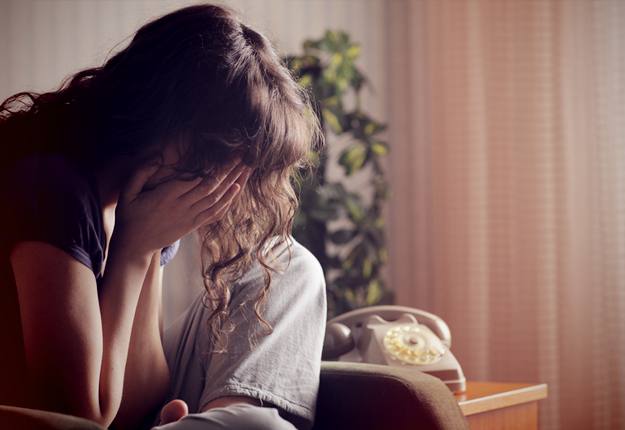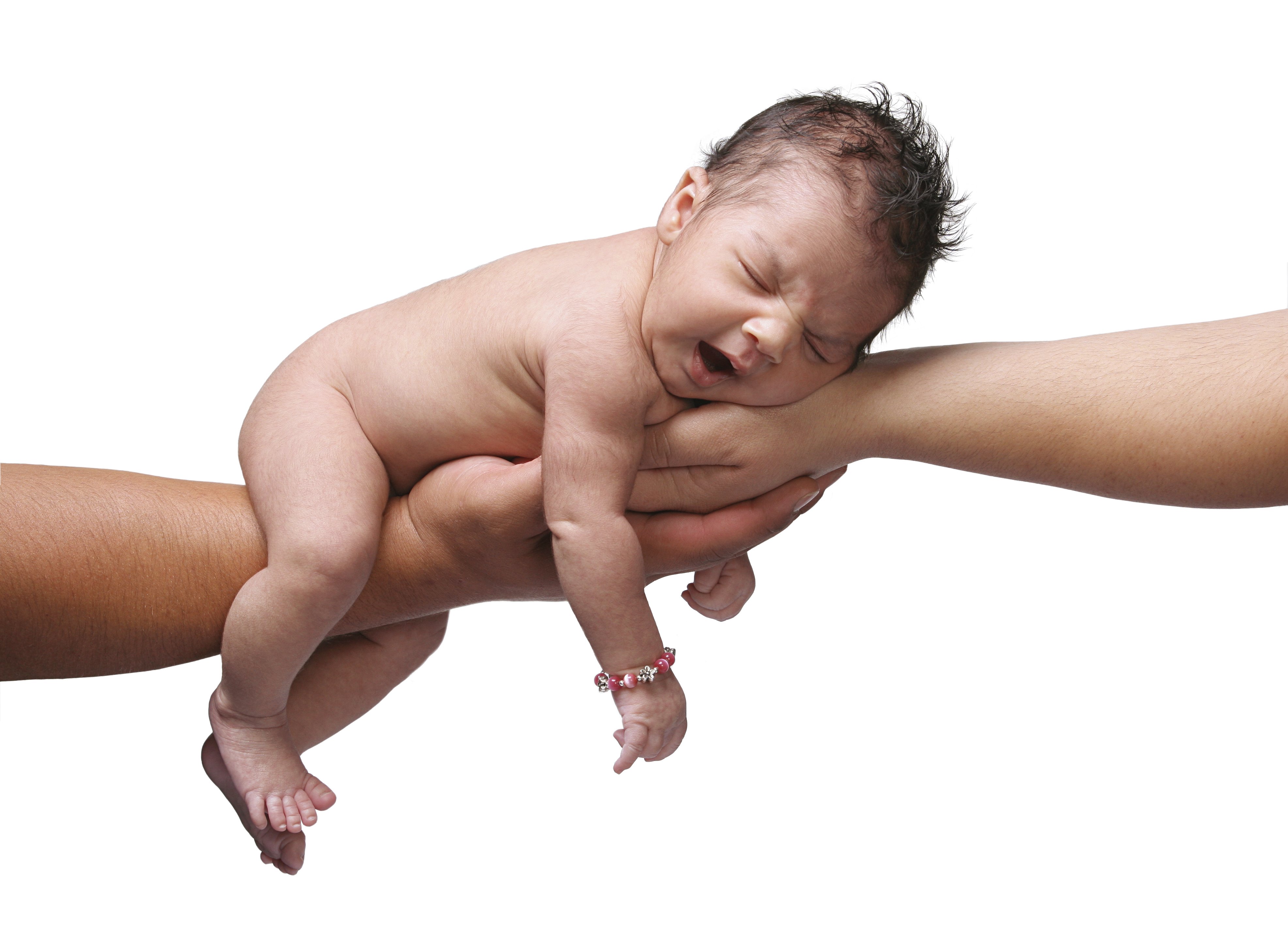Postnatal depression, also called postpartum depression is a type of clinical depression which can affect women, and less frequently men, typically after childbirth.
Symptoms include sadness, hopelessness, low self-esteem, and fatigue, changes in sleeping and eating patterns, reduced libido, crying episodes, and irritability.
People suffering from postnatal depression can become socially withdrawn, can experience panic attacks and anxiety.
Many women feel as though they are overwhelmed and feel inadequate in caring for their baby.
Those experiencing postnatal depression cannot move beyond these feelings and they may last for years.
What are The Baby Blues?
Many women feel teary, anxious and fatigued in the days immediately following the birth of a baby.
They may feel they have poor concentration and insomnia. Some feel sad.
The symptoms may occur for a few minutes or at times over a few days. Baby Blues generally resolves in about the first fourteen days.
How Common is Postnatal Depression or Baby Blues?
Postnatal Depression affects almost 16% of first time mothers in Australia (Beyond Blue, 2009)
Baby Blues affects up to 80% of women.
What causes Postnatal Depression or baby Blues?
The exact cause is unknown but the most likely reason is the vast changes in hormone levels after a baby is born.
These hormones may produce chemical changes in the brain. For most new parents, dealing with the incredible life changes as well as lack of sleep, can lead to these experiences.
Although a number of risk factors have been identified, the causes of postnatal depression are not well understood. There may be some associated life experiences and family history.
How can you take care of yourself?
Taking care of mum is the best way to decrease the symptoms of the “baby blues.”
There are several different things which can help:
- Talk with someone that you trust about how you are feeling
- Eat well. It can often be difficult to find the time to eat at all but it is so important for your physical and mental health to choose healthy foods. Including protein at lunch time can help to sustain your energy throughout a busy afternoon.
- Keep a journal of all your thoughts and feelings.
- Go outside to enjoy some fresh air. Try to take a walk every day. Sometimes just a different view for a few moments can make a huge difference.
- Ask for help.
- Expect that your life will change.
- Don’t expect to do everything perfectly straight away. It takes time to get to know your baby and to establish a routine.
It is important to remember that you are not alone in your feelings.
If your symptoms last longer than fourteen days it could be an indication of a more serious condition, such as postpartum depression. Please consult your Early Childhood Nurse or doctor as soon as possible.
Remember they are very experienced at speaking with women and can support you and direct you for further assistance. Poor Maternal Mental Health impacts on emotional, cognitive and social development of a child.
It is very important to look after your own health so that you can be the best parent you can be.
Some more valuable information and where to go for help can also be found at the Gidget Foundation.





















9:48 pm
4:57 pm
-

-
-
mom94125 replied
- 18 Oct 2015 , 4:21 pm
Reply5:06 pm
8:33 pm
-

-
-
cloverstorm replied
- 21 Aug 2014 , 3:34 pm
-

-
-
virtual nanny replied
- 25 Aug 2014 , 9:01 am
-

-
-
kathryn replied
- 31 Aug 2014 , 9:26 am
Reply5:52 pm
-

-
-
hopefullyheidi replied
- 31 Aug 2014 , 5:27 pm
Reply4:06 pm
-

-
-
virtual nanny replied
- 25 Aug 2014 , 9:03 am
Reply2:44 pm
-

-
-
bronwyn_taylor replied
- 20 Aug 2014 , 7:59 pm
-

-
-
virtual nanny replied
- 25 Aug 2014 , 9:07 am
Reply9:56 am
1:50 am
-

-
-
virtual nanny replied
- 25 Aug 2014 , 9:05 am
Reply7:55 pm
-

-
-
virtual nanny replied
- 25 Aug 2014 , 9:09 am
Reply5:54 pm
-

-
-
virtual nanny replied
- 25 Aug 2014 , 9:17 am
Reply2:38 pm
-

-
-
virtual nanny replied
- 25 Aug 2014 , 9:13 am
Reply1:06 pm
-

-
-
virtual nanny replied
- 25 Aug 2014 , 9:15 am
Reply10:10 am
-

-
-
virtual nanny replied
- 25 Aug 2014 , 9:21 am
Reply9:42 am
-

-
-
virtual nanny replied
- 25 Aug 2014 , 9:19 am
Reply- 1
- 2
- »
Post a commentTo post a review/comment please join us or login so we can allocate your points.